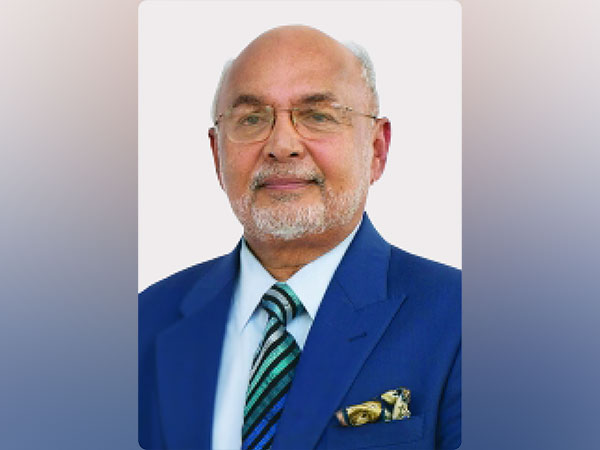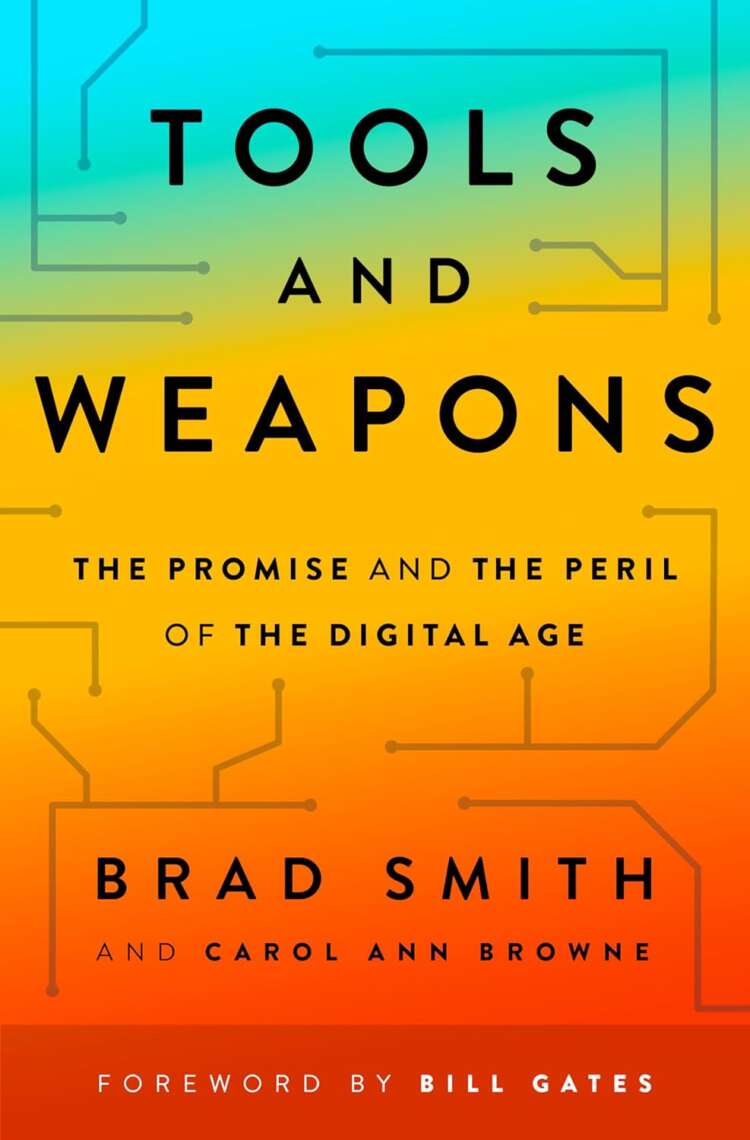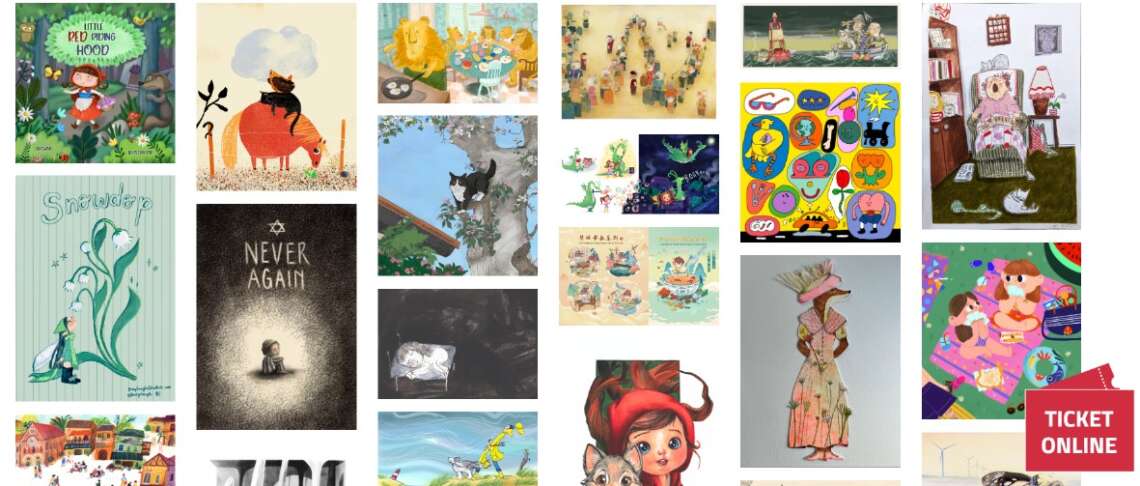Instead, thanks to Mr Crombie’s letter, and to his parents’ chagrin, Mihir Bose was able to embark on a career in journalism which saw hm rise to become the BBC’s sports editor, and as a highly prolific author to write more than 50 books…reports Asian Lite News
David Smith reviews Mihir Bose’s autobiography – Thank You Mr Crombie : Lessons in Guilt and Gratitude to the British
The first challenge for any reviewer is to explain the title of a book. In the case of Mihir Bose’s entertaining autobiography, the Mr (John) Crombie is or was the Home Office official who wrote to him from Croydon in 1975 with the news that he was free to remain permanently in the UK.
For the author, Mr Crombie’s letter was a life changer. Having studied at Loughborough University and qualified as a chartered accountant, he was after six years preparing to return to India and take up an accountancy career, abandoning his dream of becoming a writer.
Instead, thanks to Mr Crombie’s letter, and to his parents’ chagrin, he was able to embark on a career in journalism which saw hm rise to become the BBC’s sports editor, and as a highly prolific author to write more than 50 books.
I should say at the outset that I have a bit part in this book, as a colleague of Bose’s on the now defunct Financial Weekly newspaper in the early 1980s, and as a very occasional player for his cricket team. Most of his story was, however, new to me.
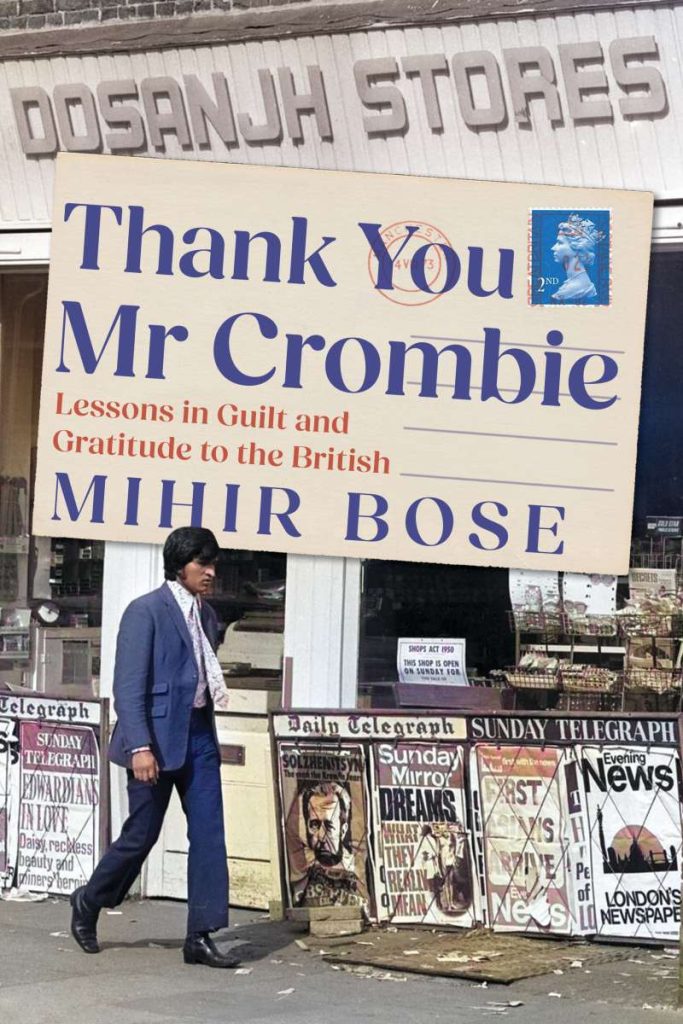
The chapters on his childhood in India are a delight. Born in Kolkata a few months before independence in 1947, most of his upbringing – the “little prince” of his family – was in Mumbai, all of 2,000 kilometres away from Bengal, where his father’s family ran a factory making raincoats and gumboots.
Bose had a good education at the hands of the Jesuits of St Xavier’s College, won debating competitions and, as a result of his success in an elocution competition was chosen to represent India at a youth even in Haifa, Israel. His book is dedicated to Father Fritz, one of his Jesuit teachers, “for making me believe I could be a writer”. In Mumbai he developed a love of literature, and of English newspapers which he found a way of gaining access to. He cannot have expected then that he would later grace many of their pages.
On finishing school, Bose could, like many of his compatriots, chosen a university education in America. After sitting the SATS’ exams, he was offered places there, but his family lacked the foreign exchange for him to be able to go. That was also a challenge when it came to Britain – he needed a sponsor – and his father managed to put together £800, a very large sum in the late 1960s, which he admits he smuggled into the UK by means of some ingeniously designed underpants.
After qualifying as an accountant and working as one. Bose blagged his way into sports journalism. Always cricket mad, and who these days can count some of India’s greatest cricketers among his personal friends, this was far from the case when he contacted the newly established LBC radio station and was hired to report on India’s 1974 tour. By doing so, he met some of his heroes, including John Arlott. Not all of his heroes lived up to expectations. Having admired from afar in India the writings of the late Anthony Howard in the New Statesman, he confesses to being disappointed on meeting him.
Later in the 1970s, by now reporting on football for the Sunday Times, he experienced some of the racism that was typical in the sport. Reporting on a Chelsea-Tottenham game, a seated fan asked him if he was reporting for the Southall Express. When he said that he was there for the Sunday Times, the racist fan said: “Blimey, Brian Glanville (the paper’s veteran football writer) must have changed colour.” Bose got his own back by referencing the racial slur in his report on the match.
There was worse to come, in physical violence and racial slurs – including the inevitable shouts of “Paki” – at the hands of skinhead football supporters. These incidents make uncomfortable reading, as do the racist insults directed his way in letters from a writer, who I will not mention by name, who managed to find his way to the cover of Wisden Cricket Monthly.
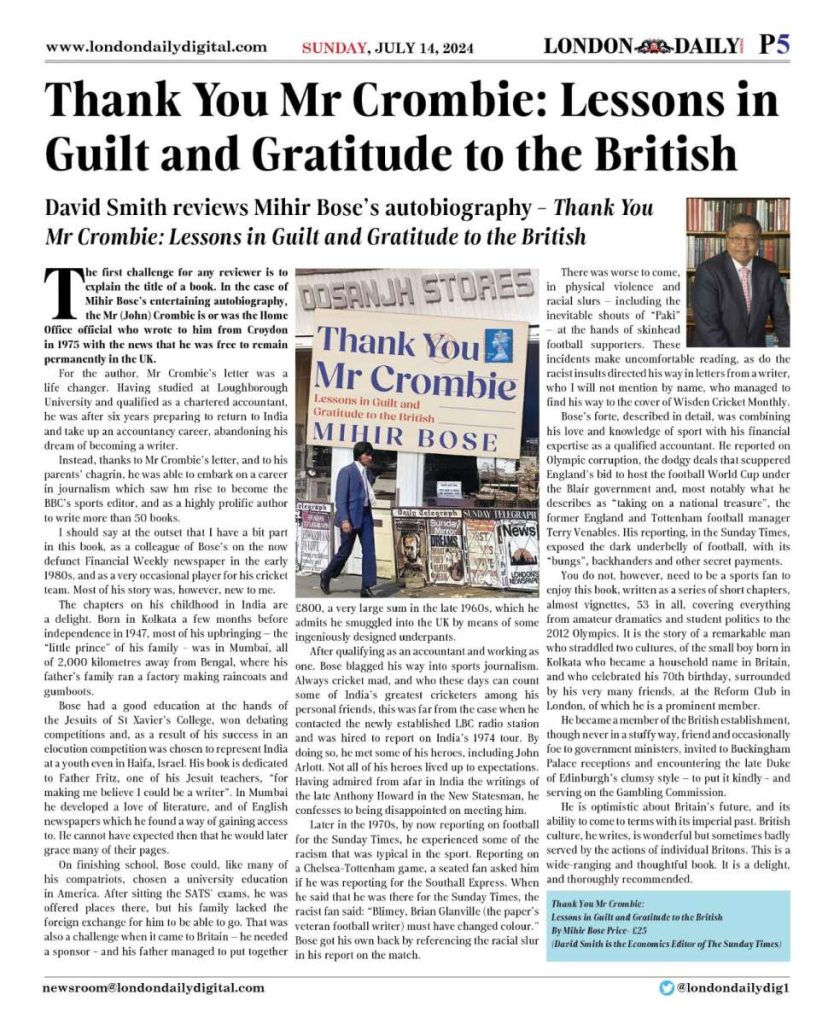
Bose’s forte, described in detail, was combining his love and knowledge of sport with his financial expertise as a qualified accountant. He reported on Olympic corruption, the dodgy deals that scuppered England’s bid to host the football World Cup under the Blair government and, most notably what he describes as “taking on a national treasure”, the former England and Tottenham football manager Terry Venables. His reporting, in the Sunday Times, exposed the dark underbelly of football, with its “bungs”, backhanders and other secret payments.
You do not, however, need to be a sports fan to enjoy this book, written as a series of short chapters, almost vignettes, 53 in all, covering everything from amateur dramatics and student politics to the 2012 Olympics.
It is the story of a remarkable man who straddled two cultures, of the small boy born in Kolkata who became a household name in Britain, and who celebrated his 70th birthday, surrounded by his very many friends, at the Reform Club in London, of which he is a prominent member.
He became a member of the British establishment, though never in a stuffy way, friend and occasionally foe to government ministers, invited to Buckingham Palace receptions and encountering the late Duke of Edinburgh’s clumsy style – to put it kindly – and serving on the Gambling Commission.
He is optimistic about Britain’s future, and its ability to come to terms with its imperial past. British culture, he writes, is wonderful but sometimes badly served by the actions of individual Britons. This is a wide-ranging and thoughtful book. It is a delight, and thoroughly recommended.
Thank You Mr Crombie :
Lessons in Guilt and Gratitude to the British
By Mihir Bose Price- £25
(David Smith is the Economics Editor of The Sunday Times)


